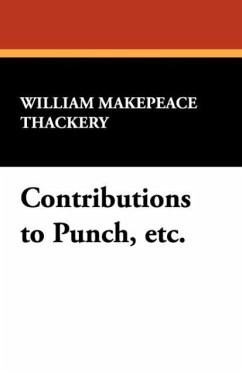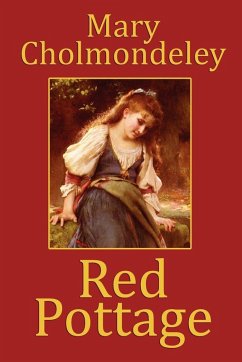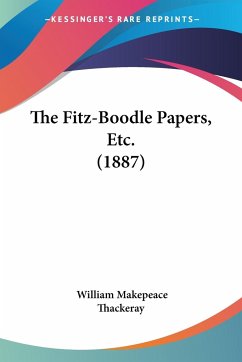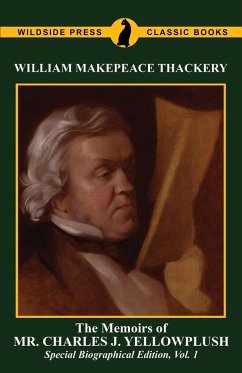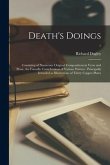Contributions to Punch, Etc. is a collection of satirical writings by William Makepeace Thackeray, originally published in the famed British humor magazine Punch. Known for his sharp wit and keen observations on society, Thackeray's contributions include essays, poems, and illustrations that lampoon the politics, social customs, and literary trends of his time. These pieces showcase Thackeray's lighter side, offering a humorous and often biting commentary on Victorian life, while also reflecting the wit and humor that would later define his novels, such as Vanity Fair.
Hinweis: Dieser Artikel kann nur an eine deutsche Lieferadresse ausgeliefert werden.
Hinweis: Dieser Artikel kann nur an eine deutsche Lieferadresse ausgeliefert werden.
